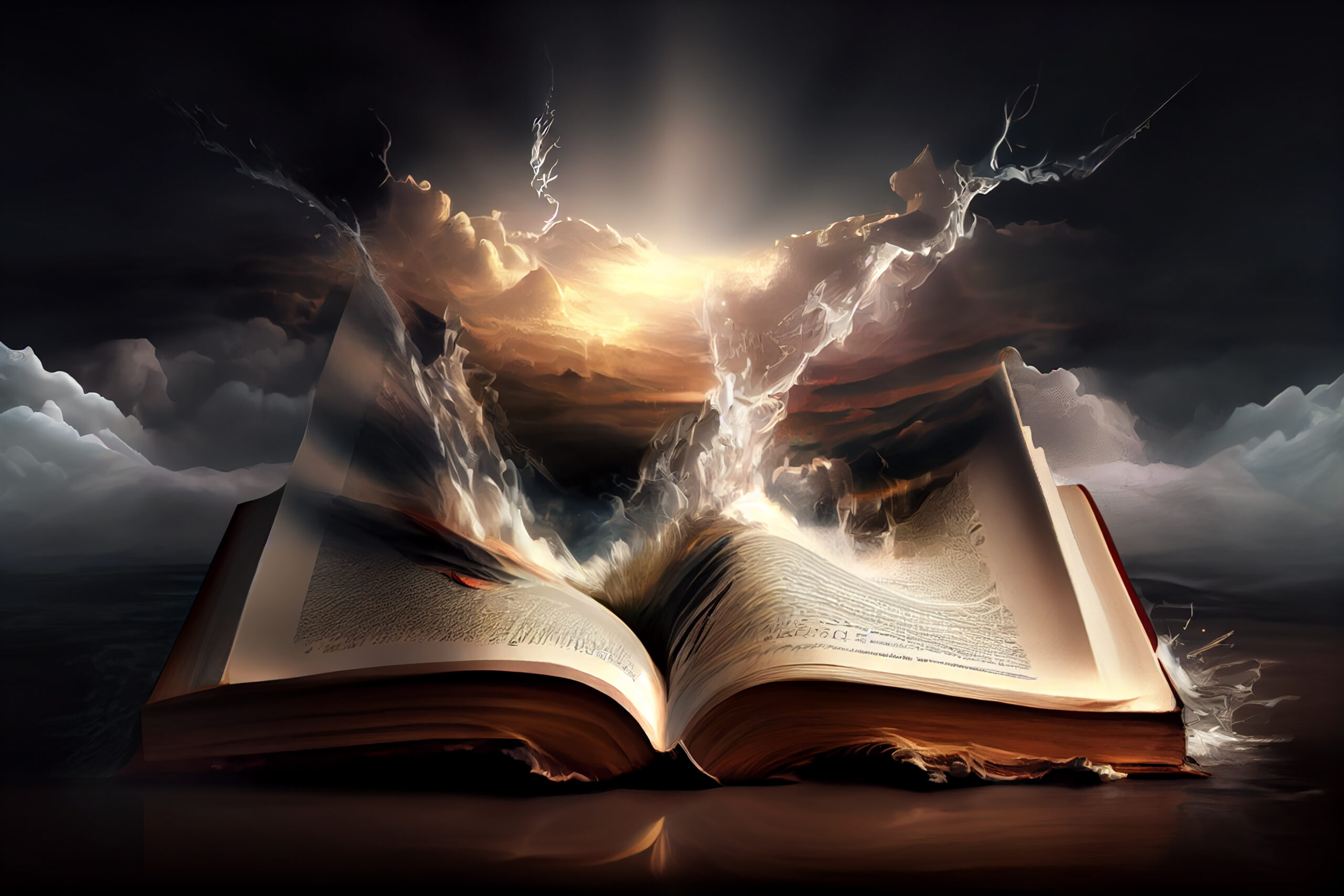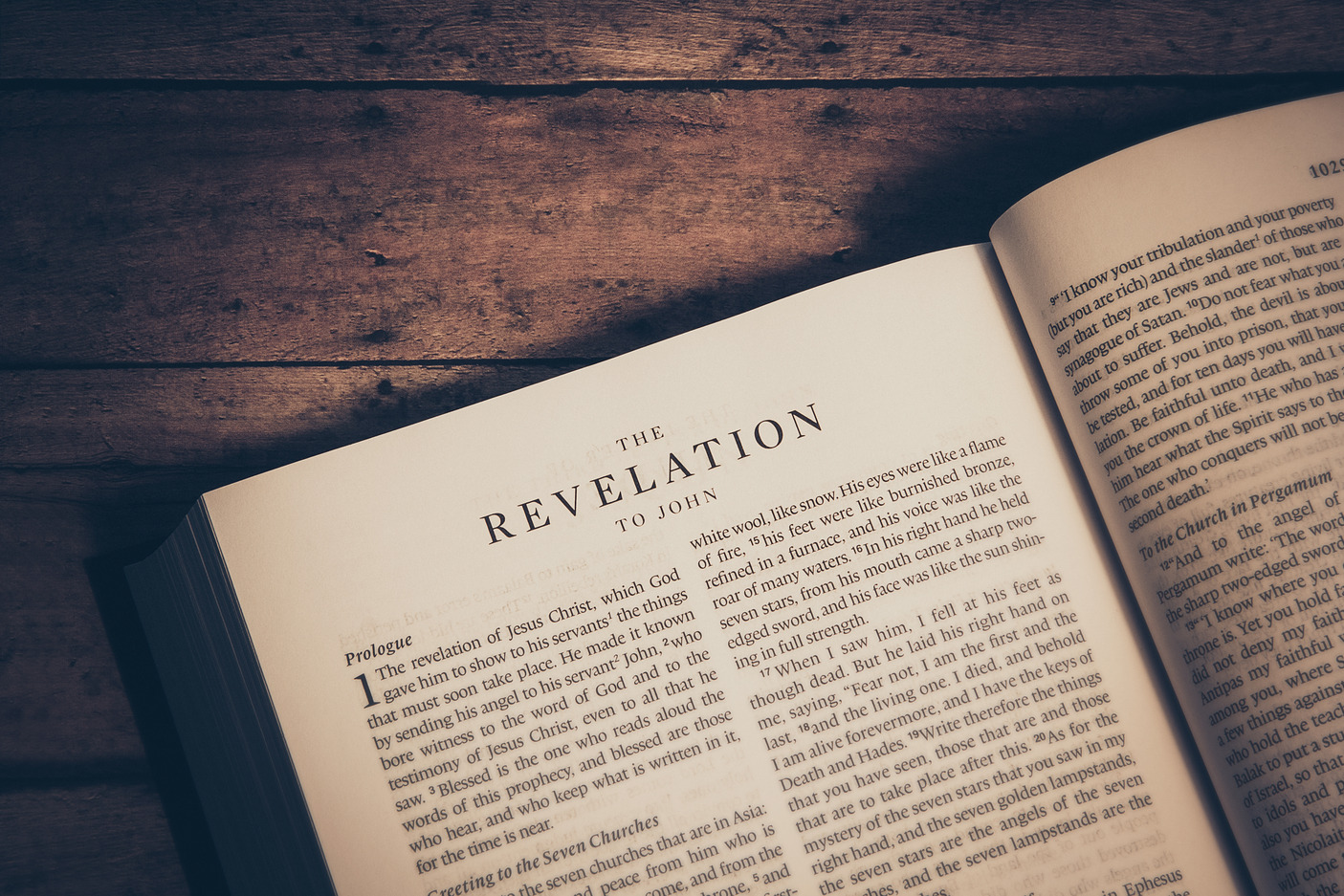What is the Lake of Fire?

And the devil, who deceived them, was thrown into the lake of burning sulfur, where the beast and the false prophet had been thrown. They will be tormented day and night forever and ever…
…Anyone whose name was not found written in the Book of Life was thrown into the lake of fire…
Revelation 20:10, 15, 21:8
But the cowardly, the unbelieving, the vile, the murderers, the sexually immoral, those who practice magic arts, the idolaters, and all liars will be consigned to the fiery lake of burning sulfur. This is the second death.
Torment. Separation. Eternal.
These are just a few ways to describe what Scripture calls the “Lake of Fire.”
The final place of judgment for all who oppose and reject Jesus Christ as Lord, the Lake of Fire, is mentioned in several places throughout Scripture.
But the question is: What is the Lake of Fire?
Is it a literal lake set ablaze? Or is this just a metaphor to describe a horrifying place?
Let’s take a moment to watch this clip from Dr. Justin Bass, author, and professor, as he discusses the concept of the Lake of Fire.
As Dr. Justin Bass states
…ultimately, the Lake of Fire is a symbol, but a symbol of a reality.
While Scripture does use various metaphors and literary devices to articulate certain concepts, the fact remains that the Lake of Fire is a real place.
According to the Lexham Bible Dictionary, it is
[a] phrase used in Revelation to describe the final destination of the enemies of God, including the devil (Rev 20:10), the beast and false prophet (Rev 19:20), death and Hades (Rev 20:14), and anyone not found in the book of life (Rev 20:15). The lake of fire will be a “second death” (Rev 20:14; 21:8) consisting of eternal suffering and complete separation from God and/or a permanent and inescapable death. Possibly the same place Jesus calls Gehenna (Matt 10:28; Mark 9:43; Luke 12:5).
While symbolic language is employed to describe the Lake of Fire, the reality remains that it will serve as the final and eternal home for Satan and all those who have rejected Jesus Christ as Lord.
Different Theological Perspectives on the Lake of Fire
Historically, there have been three general perspectives on the Lake of Fire, with a variety of nuances in each. First, the traditional view upheld by the Western branches of the Church (Roman Catholic and Protestant) and Eastern branches (e.g. Eastern Orthodox) view the final consignment to the Lake of Fire as eternal and conscious. While the West and East branches differ on the specifics of torment or official doctrinal stance (in the case for Eastern Orthodox), the consensus is that the Lake of Fire, or hell specifically, is a genuine state of separation from God.
A second perspective was proposed during the second to third century by theologian Origen. He speculated that the lake of fire or hell was not eternal, but a time of reconciliation or purification. The idea came to be known as apokatastasis, but as Bird and Root in their research, Origen was primarily speculating and not advocating a new doctrinal position. Origen’s apokatastasis and other forms of universalism never took root or received widespread acceptance within orthodoxy. This can be seen particularly when the Synod and Council of Constantinople (AD 543 and 553 respectively) rejected apokatastasis.
Marshall best summarizes a primary objection towards the reconciliation or purification models of universalism when he writes
The difficulty with both views is that there is no evidence whatever for them: they are pure speculation. The New Testament does not teach nor imply universal salvation. It teaches the reality of a final judgment on the impenitent and sadly it states that some will be lost. That is why there is such an urgency to proclaim the gospel to all the world.
The third perspective is the theory of annihilationism, sometimes referred to as conditional immortality. This doctrinal position “is the view that those who are not saved will, after a temporary time in hell, be eliminated and cease to exist. God will inflict a punishment against persons for their sins, but their penalty will not be everlasting; subjects will eventually be annihilated.” Proponents point out death itself is thrown into the lake of fire (Rev 21:14) and participates in the “second death.” This may imply “a form of nonexistence.”
Regardless of which theological perspective one lean towards, the Scriptures describe the Lake of Fire as the destination for those who refuse to give allegiance or believing loyalty to Jesus the Christ.
The Good News of Jesus , however, is this does not have to be our destination.
Eternal torment and separation from God do not have to be our future.
Paul, writing to the believers in Rome, offers the path forward when he states
If you declare with your mouth, “Jesus is Lord,” and believe in your heart that God raised him from the dead, you will be saved.
The promise stands for all who call on the Name and Person of Jesus Christ: You will be saved.
Through Jesus, we leave a life headed toward eternal destruction and separation, and we enter a life of peace, joy, and eternal communion with the God who loves us.

Want to Learn More?
If you’d like to dive deeply into the Book of Revelation and what it says about the Lake of Fire. In that case, you can check out our course: The Apocalypse of Jesus Christ: The Significance of the Book of Revelation in the First Century and Today.
- In this online course, Dr. Justin W. Bass takes you on a journey to:
Explain the key themes, background, authorship, dating, and synthesis of the Book of Revelation. - Understand the eschatological views of the Bible: Heaven and the Underworld, the final Judgement and the Lake of Fire, Resurrection and the New Heavens and the New Earth.
- Explain how the Book of Revelation has influenced key historical events and individuals over the last 1,900 years and still wields global influence today.
- Explain how the Book of Revelation has influenced key historical events and individuals over the last 1,900 years and still wields global influence today.
- Cultivate a deeper love for God’s Word, specifically Revelation, and walk boldly in the Spirit because of our ultimate victory in Christ Jesus. This course will provide you with in-depth teaching on the most climatic book of the Bible, opening your eyes to the various theological concepts discussed throughout.
If you’re ready to take your study of the Book of Revelation to the next level, click here!
Search Keywords
Recent Posts
Top Women Leaders in the Bible
Author and theologian Lewis B. Smedes said From the outset, women are portrayed as essential...
The Power of Forgiveness in the Bible
Author and theologian Lewis B. Smedes said To forgive is to set a prisoner free and discover that...
How to Choose the Right Online Bible Study
Now more than ever, access to quality, online Bible study programs is right at our fingertips. The...
Online Bible Study Tools
Charles Spurgeon once said “Nobody ever outgrows Scripture; the book widens and deepens with our...

